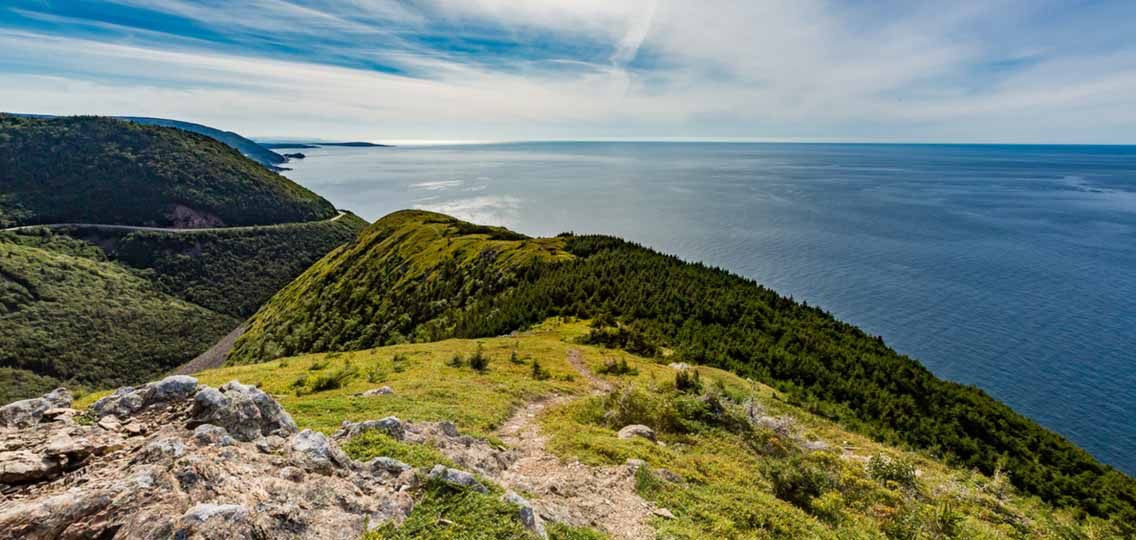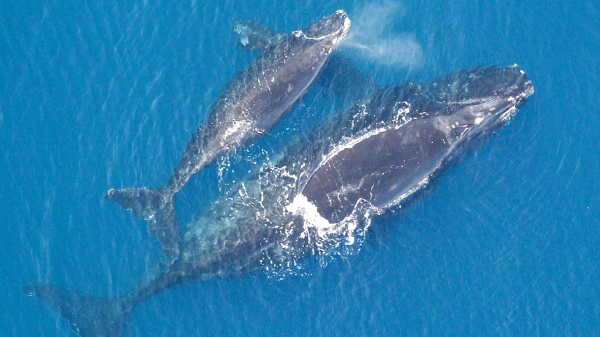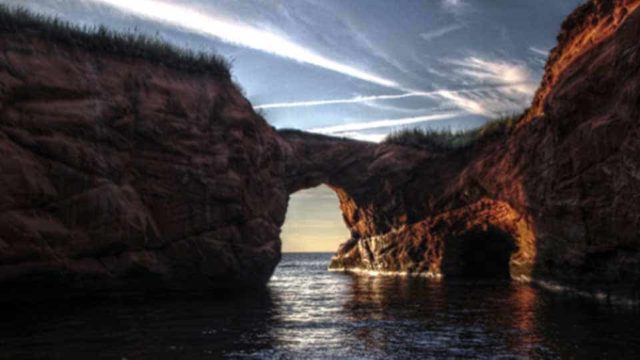Old Harry case wins the right to be heard.
Last December, Ecojustice lawyers were in court to make sure that our clients’ lawsuit aimed at protecting the Gulf of St. Lawrence from risky offshore drilling is heard. And now, we can confirm: Our efforts paid off!
With the wealth of benefits that the Gulf provides, there’s a lot at stake when it comes to protecting it. Not only are there more than 4,000 species that call it home, the Gulf of St. Lawrence also acts as a vital resource in supporting the health of surrounding communities.
While the Canada-Newfoundland and Labrador Offshore Petroleum Board asked the court to dismiss our case and argued our clients lacked a sufficient interest to advance the case, the Court ultimately rejected the Board’s arguments. The Court agreed that our clients — each of whom has vigorously defended the Gulf against offshore drilling and attempts to extend exploration licences for years — are entitled to their day in court.
Because this is the first case in Newfoundland in which an environmental group has been granted public interest standing, we had to rely on cases from other jurisdictions to build our argument. Our efforts to ensure our clients’ right to be heard in this case were helped by a precedent setting case brought previously by Ecojustice lawyers on behalf of two clients, including Sierra Club Canada Foundation. That case challenged the BC Oil and Gas Commission’s practice of granting short term water use approvals to fracking companies as being contrary to provincial law. In that case, the British Columbia Supreme Court ruled that our clients did have public interest standing to advance that claim. We were able to cite the BC court’s analysis in support of our arguments in the present case. We are hopeful that by winning this case, it will be easier for public interest environmental groups to get standing in future lawsuits in Newfoundland.
We now turn our attention to preparing for this case to be heard on its merits, moving forward on behalf of our clients and in solidarity with Indigenous groups who were, unfortunately, denied the right to intervene in the case.
The case
The case challenges the Canada-Newfoundland and Labrador Offshore Petroleum Board’s decision to re-issue an oil and gas exploration licence to Corridor Resources. The licence in question covers the Old Harry prospect, which lies on the border of Quebec and Newfoundland and Labrador in the Gulf of St. Lawrence. The licence gives Corridor the exclusive right to drill for oil and gas in the area — as long as it secures the necessary approvals.
To date, Corridor has not drilled on its licence for the Old Harry prospect. Since receiving its licence in 2008, it has been unable to meet environmental assessment requirements or secure regulatory approvals for drilling. This failure led to the expiry of the original licence in 2017. At that point, the Board stepped in and reissued an identical licence to Corridor, giving the company four more years to try to satisfy regulatory requirements, secure approvals and begin drilling.
We and our clients think the Board’s decision runs afoul of federal law, which limits the term of an exploration licence to a maximum of nine years. The Board’s decision effectively extends Corridor’s licence for the Old Harry prospect to a total of 13 years.
It is important that regulators enforce the law. In this case, the licence term limit, which is meant to ensure that companies do not sit on their rights forever, also plays an important role in protecting the environment from rights-holders who lack the capacity or technology for offshore drilling.
It also provides certainty to surrounding communities, which deserve to know when the threats posed by a potential drilling project will pass.
High stakes in the Old Harry region
Our clients — the David Suzuki Foundation, Nature Québec, SNAP-Québec, Attention FragÎles and Sierra Club Canada Foundation — have long been concerned about the risks offshore drilling pose to the Gulf of St. Lawrence and surrounding communities.
The area is biologically rich and provides habitat for more than 4,000 species — including at-risk species like the right whale and the leatherback sea turtle.
The Gulf is also important to sustaining community health and well-being. It serves as a migration route for wild Atlantic salmon, is a critical food source for surrounding First Nations communities, and supports a billion-dollar tourism industry.
Offshore oil exploration is inherently risky and the consequences of an accident can be dire and long-lasting. Many of the environmental and economic impacts of the 2010 BP Deepwater Horizon disaster are still being felt today.
Once oil has spilled into the marine environment, it is impossible to completely clean it up. Response efforts are even more difficult in environments with ice cover, like the Gulf.
The recent trend by Atlantic offshore regulators to approve drilling projects which station important spill response equipment in Norway — at best, a 12 day trip away — only magnifies the potential harm.
What’s next
With the case now able to proceed, we are one step closer to an important legal victory that will protect the Gulf of St. Lawrence from the risks posed by offshore drilling and ensure that license term limits are upheld under Canadian law.
Make sure you do not miss any breaking news about this case and our other work to defend nature by signing up to get email updates from Ecojustice.
Photo of the Gulf of St. Lawrence, off the coast of Nova Scotia, by Tony Webster via Flickr. Image obtained under Creative Commons.




